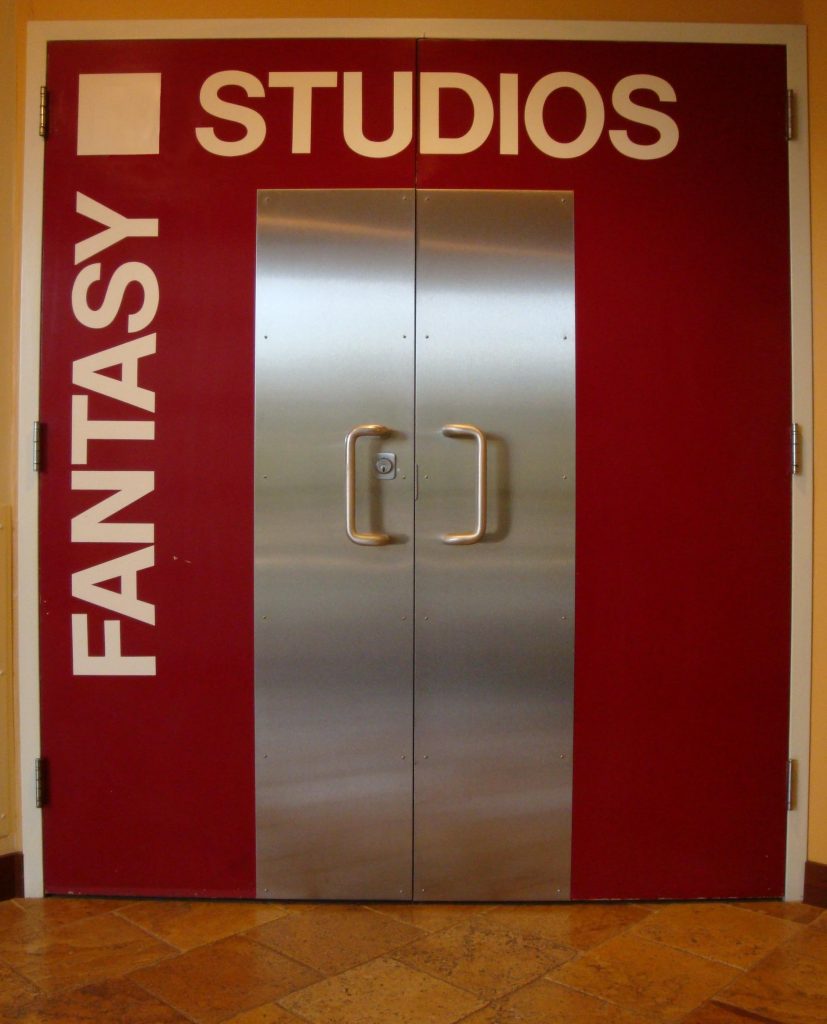 Fantasy Studios, the Berkeley, Calif., recording facility used by thousands of artists for more than four decades, is shutting its doors. According to an article published on the Berkeleyside.com website, the operators of the studio sent out an email to clients stating that the recording center would close in mid-September.
Fantasy Studios, the Berkeley, Calif., recording facility used by thousands of artists for more than four decades, is shutting its doors. According to an article published on the Berkeleyside.com website, the operators of the studio sent out an email to clients stating that the recording center would close in mid-September.
The email stated:
“We are sad to inform you that the Berkeley building at 2600 Tenth Street in which we operate is being sold, and that Fantasy Recording Studios will be closing effective September 15th, 2018.
“We wish to thank you for your patronage and for the privilege of working with you on the incredible projects you have completed at Fantasy. We are grateful and proud that your works of art will represent us forever.
“Our wonderful staff engineers and producers have freelance relationships with other studios and production spaces, and would love to continue serving you going forward.
“Again, thank you for everything. Jeffrey, Jesse, Adam, Alberto, Robert, Cody, and James send you our best wishes on your future endeavors.
“The Fantasy Studios Team”
The studio was an outgrowth of the Fantasy Records label, established in 1949 by Max and Sol Weiss. The first artist on the label was future jazz piano legend Dave Brubeck. In subsequent years, Fantasy Records became home to many of the top jazz artists in the country. In 1967, the label was sold to Saul Zaentz, who signed the budding Bay Area rock group Creedence Clearwater Revival, formerly the Golliwogs. Creedence became one of the top American bands by the end of the decade, which allowed Fantasy to expand. In 1971, the company relocated to Berkeley.
Related: A documentary chronicled the rise and fall of the Tower Records chain, another Bay Area institution
Fantasy acquired the back catalogs of such famed jazz labels as Prestige, Milestone and Riverside. The company opened the recording studio of the same name in 1971 (it was often called “The House That Creedence Built”), and it quickly became a go-to facility for artists of many genres, including Journey, Green Day, David Bowie, Bobby McFerrin, Santana, B.B. King, Tony Bennett, Jerry Garcia, Aerosmith, Buddy Guy, Sonny Rollins, Joan Baez, Counting Crows and many others. Many film soundtracks were also cut at the four studios housed within. Top producers and engineers from all over worked at the studio during its multi-decade run.
Listen to “Have You Ever Seen the Rain?” by Creedence Clearwater Revival
Former Fantasy Records publicity director Terri Hinte reflects on her time at the company:
“The week I started working at Fantasy Records, in Dec 1973, Flora Purim was recording her first American album down the hall in Studio C, one of three studios housed in the two-story Fantasy building (which had opened in Feb. 1971). I’d look up from my desk and occasionally see my boss, Orrin Keepnews, who was producing Flora’s album, heading back and forth between his office and the studio.
“Convenience was definitely one of the benefits of having recording facilities and record company offices under the same roof. That juxtaposition also underscored that the business being taken care of during the workday was music. Yes, it was a thrill to witness the recording of many of the labels’ classic albums–by McCoy Tyner, Sonny Rollins, Art Pepper, Sylvester, Ron Carter, and dozens more.
“Initially the studios were for the exclusive use of Fantasy artists–from recording right through mastering. After 1980, when a new 7-story building was constructed adjacent to the original building and included a 4th, much larger studio (“D”), the studio facilities were opened to the public and became a separate business (still owned by the Fantasy partners). At the same time, Fantasy artist projects were often recorded, mixed, and mastered in New York, L.A., or wherever was convenient to artist(s) and producer.
“The tape library remained on the premises in Berkeley and was easily available for producers and engineers to access and research for reissue work and other projects.
“All this went on until the sale of the company in late 2004 to Concord. Part of their deal was acquiring the studio equipment, and for a short while they continued to operate the studios, but soon Jeffrey Wood (and presumably partners?) came on board as owner/manager. The tape library was transferred south to an Iron Mountain facility in the Valley. The building was sold in 2007 to Wareham Developers, which upgraded and beautified the facility, inside and out. And now here we are.”

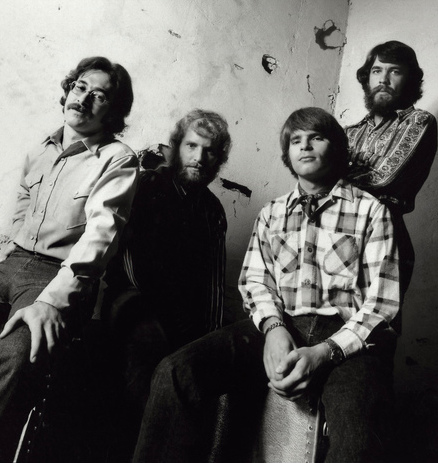

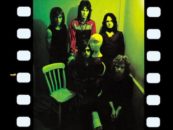
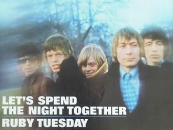

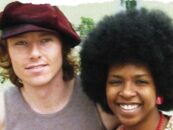

No Comments so far
Jump into a conversationNo Comments Yet!
You can be the one to start a conversation.